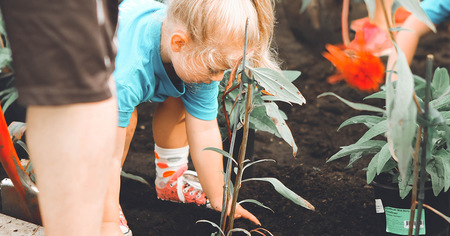Early Lessons from Schools and Out-of-School Time Programs Implementing Social and Emotional Learning offers early lessons for schools and out-of-school-time programs on how to carry out high-quality social and emotional learning instruction. The report presents findings from the first two years of the Partnerships for Social and Emotional Learning Initiative, a multiyear effort funded by The Wallace Foundation exploring whether and how children can benefit from partnerships between schools and OST programs focused on building social and emotional skills.
The report, which focused on the six PSELI communities, is designed to be useful to those carrying out SEL instruction in schools, out-of-school-time programs (or both) and should also be of interest to policymakers, SEL technical assistance providers, funders, researchers, and others who are considering supporting youth social and emotional development.
Because the report focuses on only the halfway point of the first phase of Wallace's PSELI, the early lessons drawn so far are ones that authors of the report expect to evolve and, in some instances, change. The expectation is that the findings and lessons will change as the six communities' SEL work deepens.
The early lessons based on key findings included:
- A community-wide definition of SEL, shared terminology and guidance on what skills and practices to focus on were helpful to site leaders carrying out the work.
- A mutual commitment to SEL and making time for in-person meetings were important means of getting school-OST partnerships under way.
- The communities taking part in the effort viewed adult SEL skills, such as establishing and maintaining healthy relationships, as a foundation for students' SEL skill building.
- SEL rituals and routines, such as warmly greeting students and closing with an opportunity to reflect on the day's activities, were a good starting point for promoting a positive culture.
To view the report in its entirety, click here.
Courtesy of NAA.
Photo courtesy of Allison Shelley for American Education: Images of Teachers and Students in Action.




